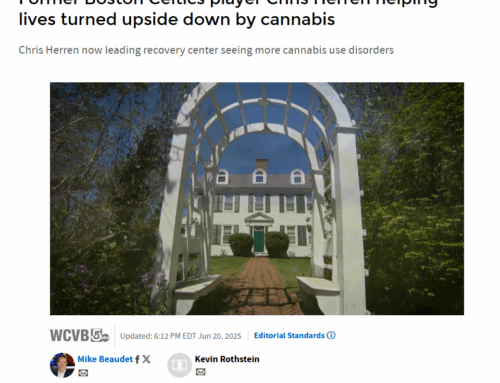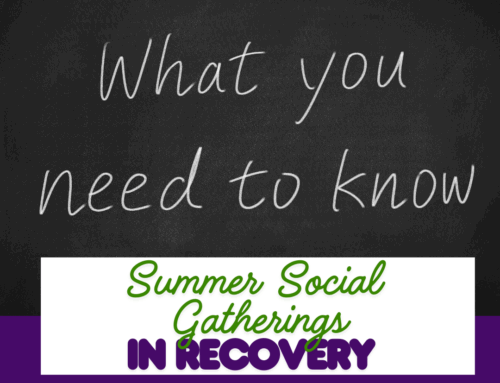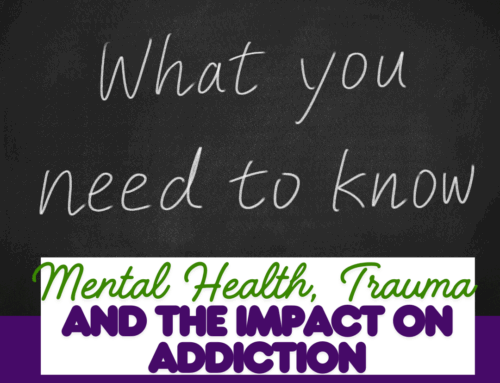“Creativity is the power to connect the seemingly unconnected.”
~William Plomer
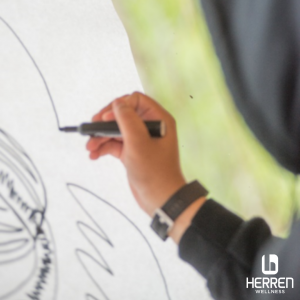 Active substance use stifles our physical, emotional, and spiritual health, as well as our ability to explore and experience the joy and enrichment that creativity brings into our lives. In recovery, we have the freedom to explore creativity, even if it wasn’t something that was part of our lives before substance use. Creativity enhances our recovery in many ways and is an important tool in learning to express emotions, experience a sense of purpose and accomplishment and enrich our relationship with ourselves and others.
Active substance use stifles our physical, emotional, and spiritual health, as well as our ability to explore and experience the joy and enrichment that creativity brings into our lives. In recovery, we have the freedom to explore creativity, even if it wasn’t something that was part of our lives before substance use. Creativity enhances our recovery in many ways and is an important tool in learning to express emotions, experience a sense of purpose and accomplishment and enrich our relationship with ourselves and others.
The Healing Power of Creativity
Creativity is anything that enhances expression, and there is no ‘right’ way to pursue creative endeavors. For people who were highly creative before substance use, there can be an errant belief that substance use somehow enhanced creativity, when in fact the exact opposite is true. The sad truth about substance use is that is numbs everything, not just pain, fear, or sadness, for example. Creativity, along with joy, authenticity, connection, and any other positive, life-enhancing emotion is numbed along with everything else.
One of the great gifts of recovery is the freedom to explore and/or get back to our creative spirit, and people in recovery find that sobriety augments their creativity in amazing ways.
Creative experience enhances and heals in several important ways, including:
Work Through Shame: Early recovery brings with it a lot of strong emotions, and they can feel difficult to navigate at times. Creative outlets provide a powerful way to express feelings in new and enlightening ways, especially when words are hard to find or communicate.
Regulate Emotions: Studies have shown that creative outlets help not only express but also regulate emotion. Even the act of listening to and appreciating music reduces stress, enhances connection, and nurtures healing.
Healthy Ways to ‘Lose Yourself’: In early recovery, there can be a feeling of restlessness about how to fill time and escape in healthy ways. The absence of drugs and/or alcohol can feel like it leaves us with time to fill, which can create feelings of loss and apprehension. Boredom is a common trigger, especially in early recovery. Exploring creativity is a way to rest a busy mind, and pass time in a healthy, self-affirming, and positive ways.
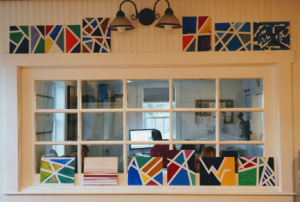 Process Trauma and Loss: Working through trauma and/or loss is often a part of early recovery, as many people turn to substance(s) to avoid difficult feelings – otherwise known as self-medicating. In addition to individual and group therapy, creativity has been proven to help people process and express these difficult emotions in healthy, productive ways.
Process Trauma and Loss: Working through trauma and/or loss is often a part of early recovery, as many people turn to substance(s) to avoid difficult feelings – otherwise known as self-medicating. In addition to individual and group therapy, creativity has been proven to help people process and express these difficult emotions in healthy, productive ways.
Connect with Joy: Substances dull our ability to experience feelings of joy naturally, and in early recovery, it takes time to build back the ability to release organic feelings of happiness, joy, and a sense of purpose. Creativity allows us to build back that ‘muscle’ faster by creating just for the sake of creating. Creativity doesn’t mean we have to produce a masterpiece, it simply means we are tapping into a lost part of ourselves through things like art, singing, making music, journaling, or dance/movement, to name a few. Creativity can bring with it almost child-like feelings of silliness and/or healthy abandon, which enhances our recovery while bringing joy into our lives.
Ways to Explore Creativity in Recovery
If you have never thought of yourself as a ‘creative’ person, it may feel intimidating to explore creative endeavors. Bear in mind that creativity isn’t about being perfect at something, it’s about tapping into a part of yourself that has been dormant in active substance use. You don’t have to be an artist to draw, a musician to play music, or a writer to write. It’s the practice of exploring creativity that matters.
Here are some fun ways to explore creativity in recovery:
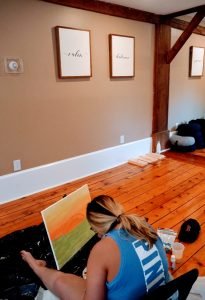 Keep a Journal: Keeping a journal is a great way to explore creativity, especially since it is only meant for you. If you experience a block with writing for an audience or feel fear when something you write will be read, journaling is a great way to overcoming this block and simply getting your feelings and thoughts out on paper. This helps you organize and process thoughts in a healthy way and get more in touch with your feelings and emotions.
Keep a Journal: Keeping a journal is a great way to explore creativity, especially since it is only meant for you. If you experience a block with writing for an audience or feel fear when something you write will be read, journaling is a great way to overcoming this block and simply getting your feelings and thoughts out on paper. This helps you organize and process thoughts in a healthy way and get more in touch with your feelings and emotions.
Take a Class: Is there a creative practice you’ve always wanted to try but haven’t? Recovery gives you the freedom to explore things that have fallen by the wayside. Try a beginner art class (drawing, pottery, mosaics – the possibilities are endless!) where everyone else there is as much of a novice as you are; this helps dispel perfectionism and allows you to connect with others who value creativity, too.
Cook: Cooking is a great way to explore creativity. This doesn’t mean you have to start by creating an eight-course meal – even cooking for yourself allows you to tap into creativity and it’s a great form of self-care as well. From finding a recipe with foods you love to putting your own creative spin on a well-loved dish, cooking is something you can explore at your own pace – and enjoy the fruits of your effort!
Exercise: This one may sound odd, but studies have shown that exercise gets your blood – and your creative juices – flowing. The organic release of neurotransmitters like dopamine and serotonin leave you feeling balanced and inspired and may just be the little push you need to come up with that spark of an idea!
Think Back: Creativity comes naturally to kids. When you were young, what types of imaginary and/or creative play did you like to do? Did you draw? Make jewelry? Build forts? Dress up? Dance around the house? Were you a natural performer or more introverted? If you don’t think you were creative as a child, ask a parent or other person who knew you when you were small – you may get some surprising insights from them!
Abandon Perfectionism: Be gentle on yourself through this process. Keep reminding yourself that there is no room for perfectionism in creativity; it’s a sacred, inner exploration of feelings, thoughts, and emotions, and there is no ‘right’ way to do it.

About Herren Wellness
At Herren Wellness, creativity is an important part of our program; we provide many creative outlets for our guests and give them the freedom to discover their creative spirit through activities like art, music, movement, and creative writing therapies.
When you come here, you are immediately connected with a thriving community of people at all stages of their recovery journey. We introduce healthy habits and routines centered around emotional, physical, and spiritual wellness that provide a solid foundation for rediscovering your interests, experiencing joy in sobriety, and building structure and routine.
We provide several alumni support communities, including a weekly recovery support group, monthly alumni meeting, and online alumni community you can access anytime. Your connection to Herren Wellness doesn’t end when your stay ends; we are there for you throughout your recovery journey.
If you, or a loved one, are looking for help, please call us at (844) 443-7736, email us at info@herrenwellness.com, or fill out a contact form. You are not alone.


